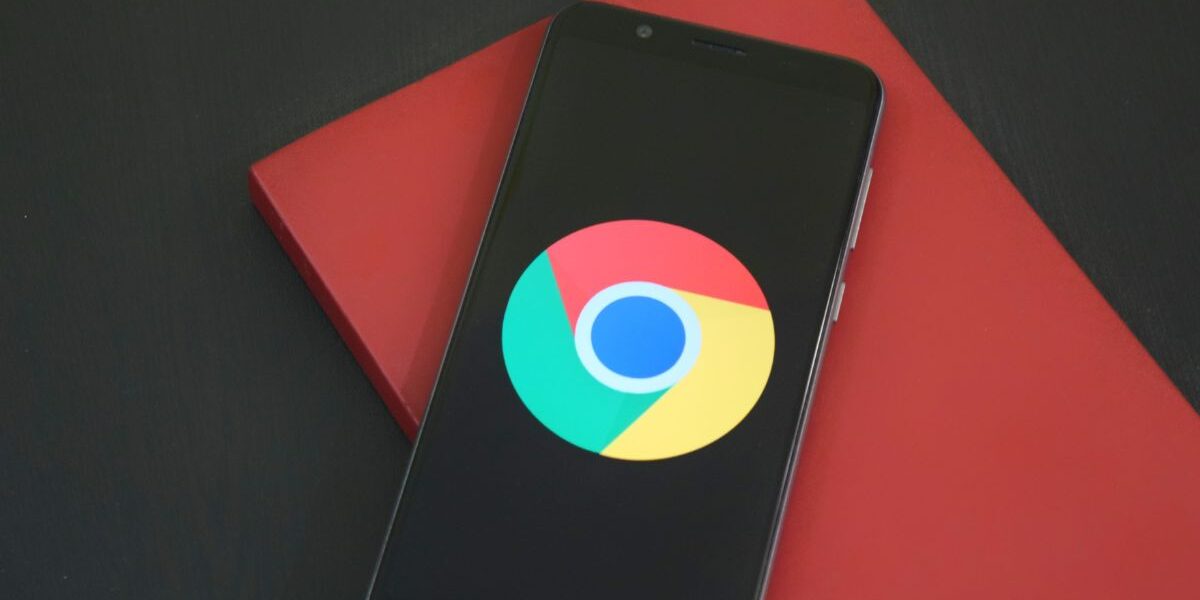Exciting news in the tech world! A federal judge has recently ruled that Google will keep its Chrome browser, rejecting an attempt by the Department of Justice to force a sale. This decision arrives over a year after the same judge found that Google had engaged in illegal practices to maintain its dominance in internet search.
Judge Amit Mehta delivered a comprehensive 230-page ruling, stating that the government had “overreached” in its efforts to divest Chrome. He also dismissed any notions of separating the Android operating system. “The plaintiffs overreached in seeking forced divestiture of these key assets, which Google did not use to effect any illegal restraints,” Mehta noted.
While Google retains both Chrome and Android, the ruling comes with significant restrictions on how the company can operate. For instance, Google cannot strike exclusive deals regarding the distribution of its popular apps, including Chrome, Google Search, Google Assistant, and Gemini. Here are some key takeaways from the ruling:
- Device manufacturers can no longer be forced to pre-load Google apps to access the Play Store.
- Revenue-sharing arrangements cannot depend on the placement of Google apps.
- Google is mandated to share certain search data with competitors, helping to create a more level playing field.
However, it’s important to note that Google can still pay partners, like Apple, to pre-load its apps. Judge Mehta expressed concerns that ending such payments could harm distribution partners, related markets, and consumers alike.
While Google is not required to share data related to advertisements, the ruling is still a significant win for the company. Google argued that divesting Chrome or Android could harm U.S. technology leadership and negatively affect consumers. In response to the ruling, Google stated, “Now the Court has imposed limits on how we distribute Google services, and will require us to share Search data with rivals. We have concerns about how these requirements will impact our users and their privacy, and we’re reviewing the decision closely.”
Previously, Google had hinted at appealing an earlier ruling but decided to wait until the final decision was made before taking further action.
While this ruling stops short of forcing Google to sell its major products, it does introduce new regulations on app distribution and data sharing that could transform the company’s operations. Competitors may find themselves with better access to search data, while device makers enjoy greater freedom in their app choices.
This case marks a pivotal moment in antitrust regulation, illustrating that even tech giants must adhere to limits on exclusive agreements without the government resorting to drastic measures like asset sales.




